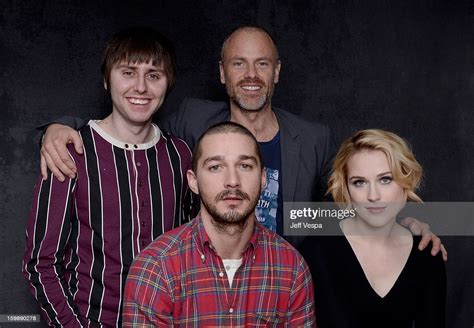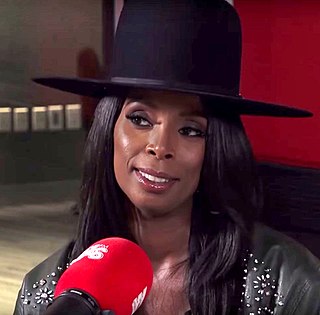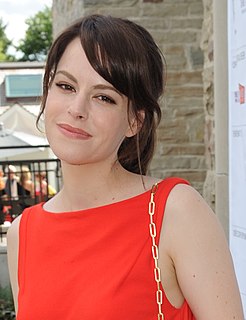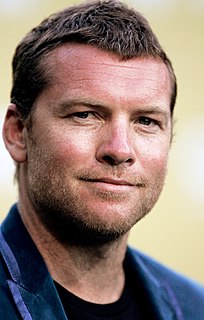A Quote by Hugh Jackman
When I made 'Real Steel,' the director actually had the robots in the monitor, so he knew where everything was. So technically, there's been advancements. But at the end of the day, movies are about story and characters, so all the other stuff is great, but unless you have those two elements, then you've got nothing.
Related Quotes
That story about the two women in my life is - a lot of people get upset, a lot of people question it. Steven Soderbergh said to me, "The story of your life is incredible. The real story of your life that's interesting, more interesting than all the other stuff - the franchises, the movies, the songs, Elvis Presley, Frank Sinatra - the real thing that's interesting and unbelievable is the relationship with these two women. And if you're willing to put that out there, you know then, you're going to have a great movie. Because that's the movie."
Danny Boyle has been a huge, has had a huge effect on me. His movies, early movies like Trainspotting and those movies. So I've always loved the energies of those movies. But also, that they are very focused on the characters. Cause it's not only gimmickery, it's not only about visuals. You feel a real need, a love for the main characters. So that's what I've always loved about watching movies myself.
Basically the movies I make are my life, so I choose how I want to live my life for the next two years. So that's a decision I have to make. At some point if I feel there are enough elements - it doesn't even have to have great characters or great stories - it's just elements that can get my excitement and curiosity for one or two years, then I'll jump in and I'll find out what that is. Then I have to do [interviews like this] and rationalize why I do this.
If you're a certain type of actor, then eventually stepping into a director's shoes is a natural transition. I've always been the actor who's very focused on the narrative, where my character is in the story, and how I can benefit the story. I've always had a technical aspect of what the lens is, how the camera is going to move, how I can feed the information the director applies within that move. If you're that type of actor, narrative-based, technically proficient, the next step is actually not that far.
I got the script for 'Real Steel.' I started reading and saw that it was about robot boxing, and I was immediately turned off. It's not my thing. But I continued on, and by the time I got to the end of the script, I had chicken skin and tears in my eyes. I thought, 'Man, we don't make movies like this anymore.'
My mother lived her life through movies and books - she read everything there was to read. And she read to me every night. I never went to sleep without her reading to me. And she fantasized about the book and she would talk about it, the place, and you would think that after she read the book and after she told you stories about it, that she had actually been there. I learned about story from her, and I learned the value of a great story, and the value of great characters.
As a director, I have to do everything. As an actor, I'm just worried about one role, that's it. As a director, everything is important. Everything is something you have to be very detailed and specific about in telling a story. So for me, the job is far greater than just being the actor, there's a lot more responsibility creatively, technically.
I've been a huge fan of Hal Ashby forever. And I think that the distinctive thing about 'Coming Home' is the love story, and how - kind of emotionally real it is, and how these two characters allow each other to see their - kind of vulnerabilities. And it's great because it's a love story that's not really that cheesy, either.
I've pretty much grown up on set, and my favorite part about it is being able to actually see how movies are made. I knew when I was about 14 that I wanted to be a director and that I wanted to go to NYU for film school. It kind of feels like it's been a long time coming.It's a relief to actually be in, because the college process is so hyped-up.



































